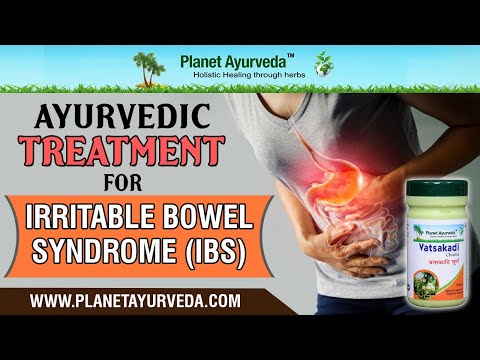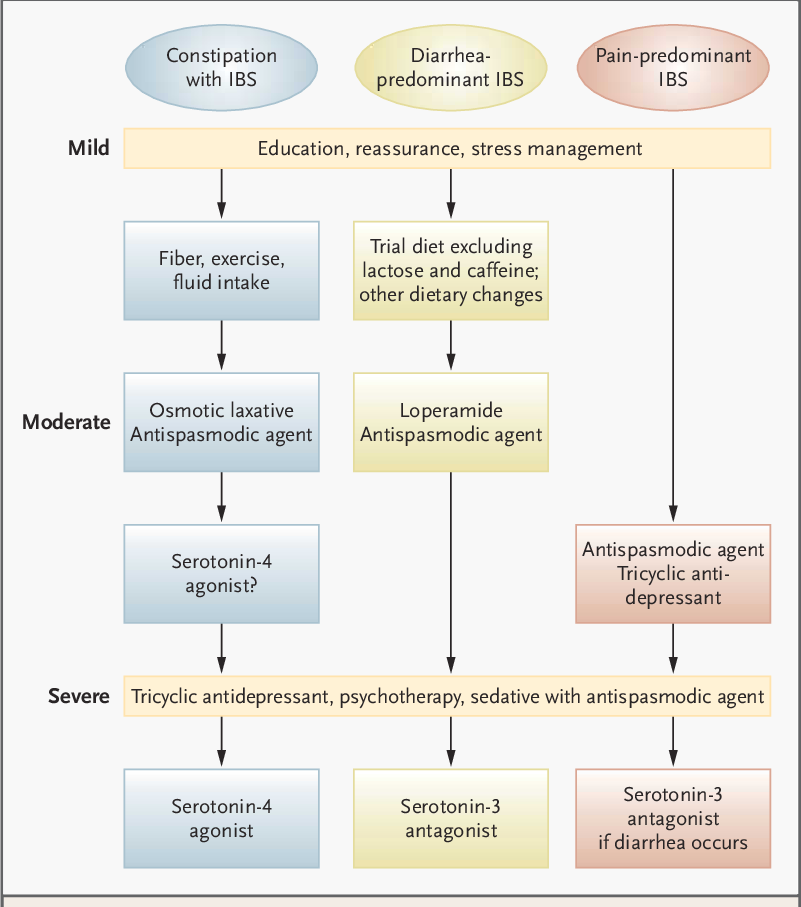
Spastic colon is a term used for irritable bowel syndrome, a chronic disorder characterized by severe abdominal pain, fatigue, bloating, abdominal cramps, diarrhea and constipation. The medical term "spastic colon", suggests an increase in involuntary contractions (contractions of muscles) of the large and small intestines involved with IBS. However, there are no definite links between spasticity and IBS, but the two conditions are often mistaken as the same thing.
Spasticity can be caused by an acute problem or develop over time. If you have IBS, it is important to seek treatment, even if you think the symptoms you are experiencing are due to other disorders, such as anxiety or stress. If a problem is causing the cramping, your doctor will be able to determine what it is and then treat it. If your cramps are not caused by any problem, they will not affect you in any way.
Colon or colon spasms may be the first symptoms of IBS, although there are many other symptoms that can precede or follow spasticity. The most common symptoms include a strong urge to go to the toilet frequently, bloating and bloating. Other symptoms include nausea, vomiting, anxiety and weakness, loss of appetite, and severe abdominal pain or discomfort.
When you start noticing these symptoms, be sure to tell your doctor that you are experiencing abdominal pain (which may be accompanied by muscle contraction). It is important that your doctor can accurately diagnose IBS before you start any treatment, because the exact causes of spasticity are unknown and therefore the exact treatment you may receive is also unknown. The cause is thought to be a combination of diet, psychological factors, the immune system, and physical injury or strain to the colon.
If you regularly suffer from symptoms of spasticity, it is recommended that you start taking a dietary supplement that will help reduce spasms in your colon. Some people are allergic to certain food substances, so it is important to find out if this is the case. You can treat symptoms with laxatives, but this is not permanent. and they should be used as a temporary solution, because laxatives do not fix the problem permanently.

Other medical treatments, such as dietary changes, certain herbal supplements, or dietary changes, may help
These treatments help reduce symptoms of spasticity and should not be taken for more than a few months.
Some herbs can help reduce contractions and help to reduce spasms in the digestive tract. Garlic has been used for many years to treat IBS, and there are several recipes that you can create yourself at home which will help relieve the symptoms of spasticity. Other herbal remedies include Echinacea, which is a powerful anti-inflammatory, as well as St. John's Wort, which is a potent sleeping pill. Both of these can be helpful for reducing stress, which is known to be a key factor in causing spasticity.
Other types of medication that can help is a change in diet, and dietary supplements. These help to reduce pain and inflammation, and can help to reduce stress. spasms in the colon. There is no single cure for IBS, but there are several ways to help to improve your symptoms.
One of the best ways to start improving your symptoms is to make sure that your digestive tract is functioning correctly. Your intestines are responsible for absorbing nutrients from the food you eat. If they are not working properly then you will find that your immune system will be compromised. So, the first thing you need to do is find out what your current dietary needs are and then begin to increase the amounts of foods and vitamins you are eating that are rich in fiber and water. and fibre.
A lot of people claim that exercise can help. They claim that it can help to ease the discomfort and increase the strength of the bowel movements. but it is important to do your exercises at a slow pace where you can achieve good results over a long period of time, so that the results are sustainable. Another way to begin to relieve the symptoms of spasticity is to take supplements that will aid in the absorption of nutrients from food.
By taking supplements and eating healthy, you will be able to reduce your symptoms and promote good health. So, if you are suffering from IBS, you need to find out your underlying factors and then make changes to your diet, lifestyle and to your life to help yourself heal naturally.